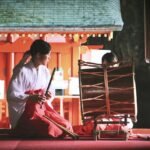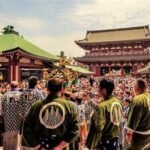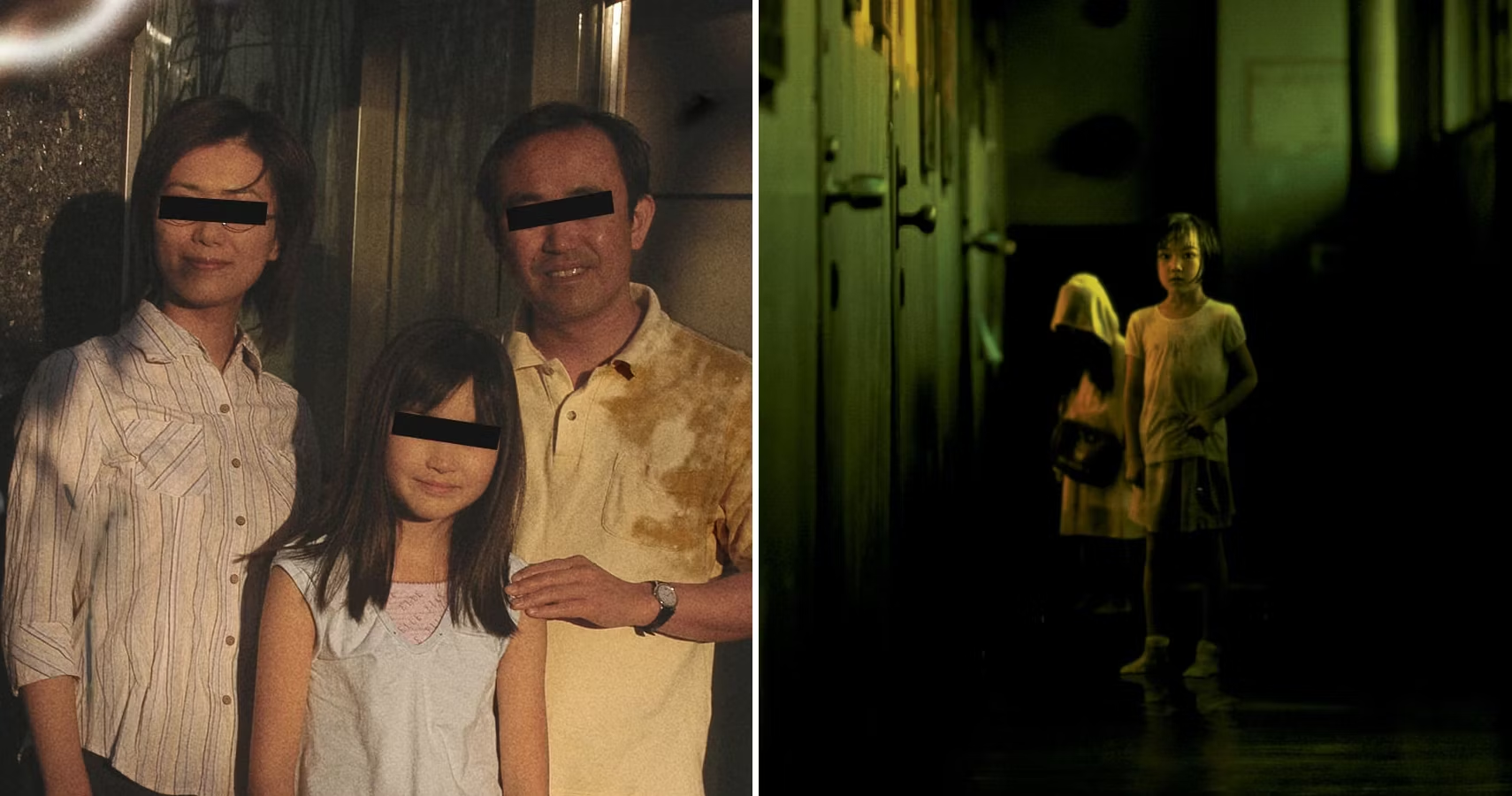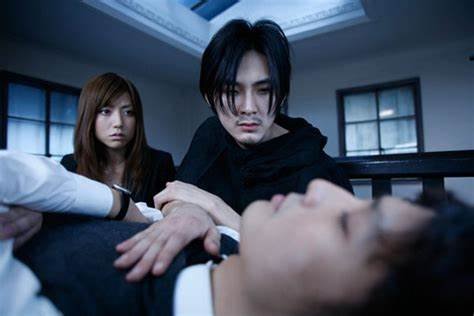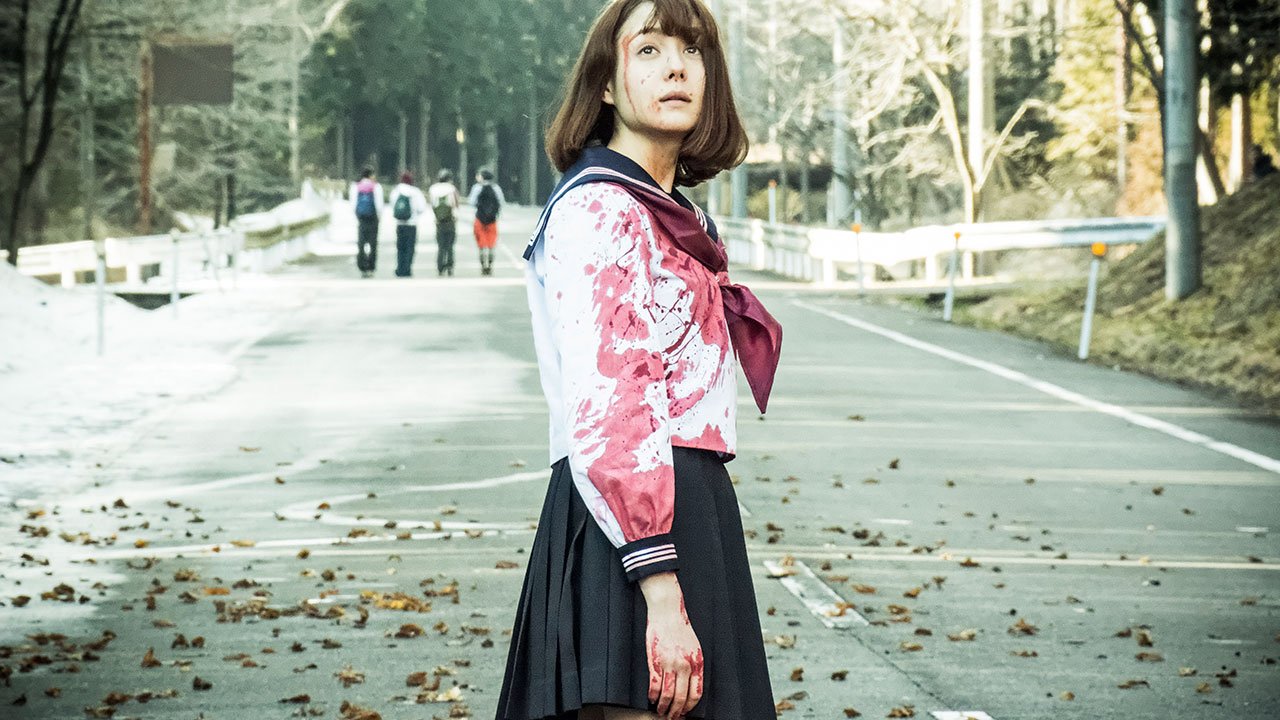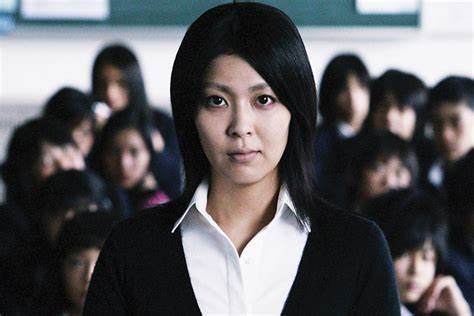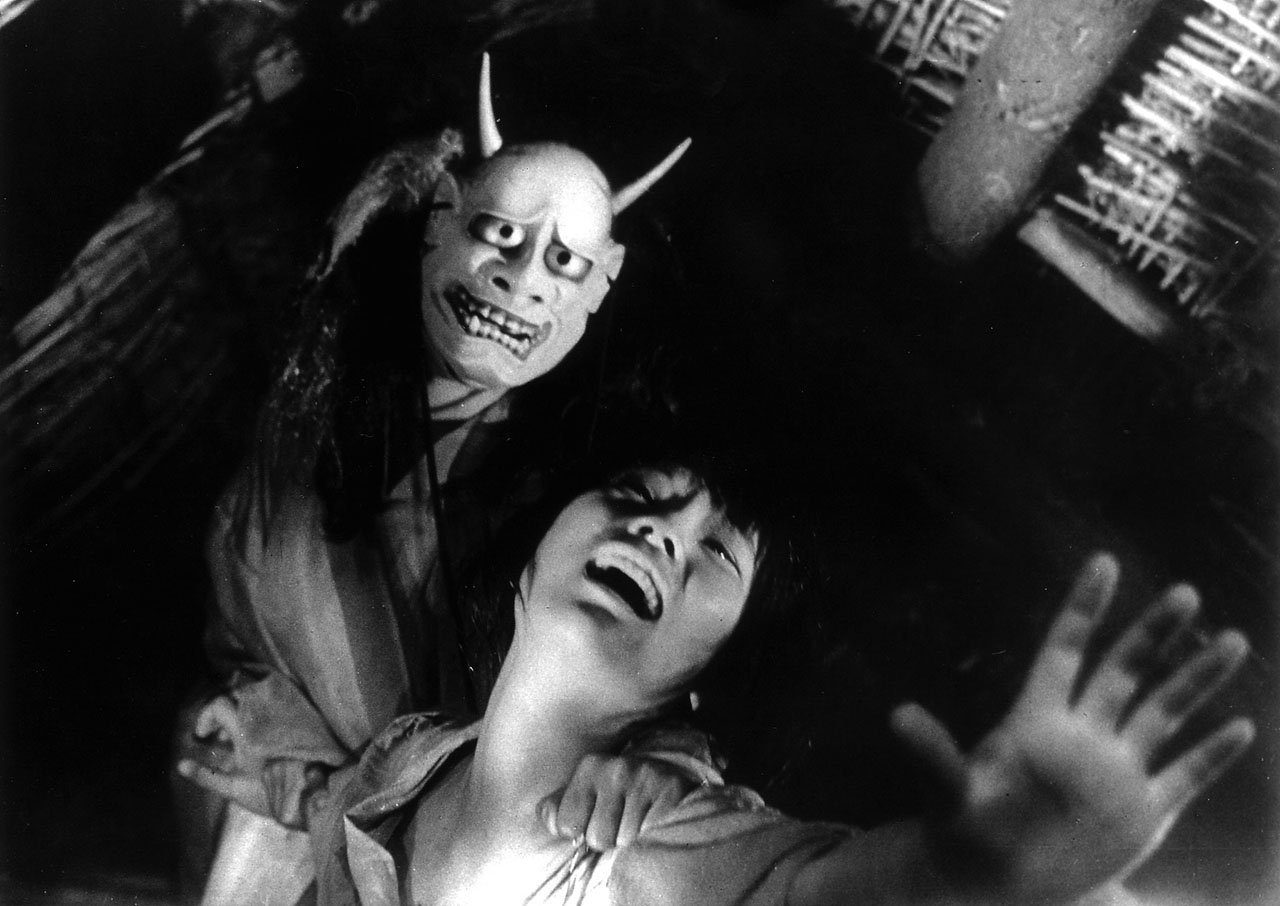Japanese horror films are renowned for their chilling atmosphere, unsettling narratives, and unique approach to the genre. Drawing on a rich tradition of supernatural folklore and psychological terror, these films have left an indelible mark on global horror cinema. This article highlights some of the most terrifying Japanese horror films that have captivated and terrified audiences, showcasing the diverse and innovative ways in which Japanese filmmakers explore fear.
Ringu (1998)
Ringu, directed by Hideo Nakata, is a seminal film in the Japanese horror genre and is widely credited with popularizing the J-horror movement. The film revolves around a cursed videotape that causes anyone who watches it to die seven days later. With its eerie atmosphere, haunting visuals, and chilling premise, Ringu has become a classic in horror cinema. Its influence extends beyond Japan, inspiring numerous remakes, including the American version, The Ring.
Ju-on: The Grudge (2002)
Ju-on: The Grudge, directed by Takashi Shimizu, is another cornerstone of Japanese horror. The film tells the story of a vengeful spirit that haunts a house, causing horrific events to unfold for anyone who enters. Its non-linear narrative and disturbing imagery create a relentless sense of dread. Ju-on has been praised for its effective use of supernatural elements and has also been adapted into an American franchise, known as The Grudge.
The Ring Two (1999)
The sequel to Ringu, The Ring Two, continues the terrifying story of the cursed videotape. Directed by Hideo Nakata, this film deepens the lore of the original while introducing new elements of horror. It explores the consequences of the curse and the desperate attempts to break it. Although not as groundbreaking as its predecessor, The Ring Two is still a compelling continuation of the eerie tale.
Audition (1999)
Directed by Takashi Miike, Audition is a disturbing psychological horror film that starts as a slow-burning drama before erupting into shocking violence. The film follows a widower who holds auditions to find a new wife, only to discover that one of the candidates harbors dark and twisted secrets. Audition is renowned for its unsettling atmosphere and the intense climax that has left audiences both horrified and mesmerized.
Noroi (2005)
Noroi, directed by Kōji Shiraishi, is a found footage horror film that delves into Japanese folklore and supernatural occurrences. The film presents itself as a documentary about a series of mysterious deaths and events connected to an ancient curse. Its use of found footage techniques and unsettling atmosphere creates a sense of realism that enhances the horror experience. Noroi has gained a cult following for its original approach and effective scares.
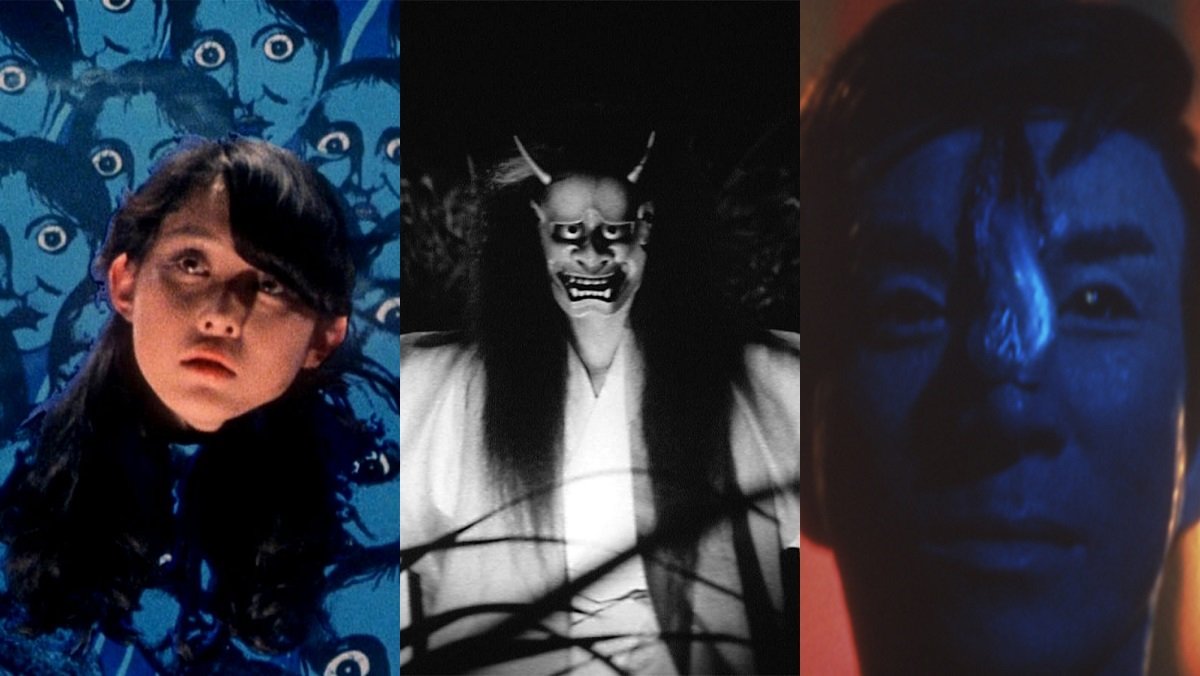
Dark Water (2002)
Dark Water, directed by Hideo Nakata, is a supernatural horror film that combines elements of psychological and ghostly terror. The story revolves around a mother and daughter who move into a dilapidated apartment building, only to be haunted by a vengeful spirit. The film is notable for its atmospheric tension, emotional depth, and disturbing imagery. It was adapted into an American film of the same name, further demonstrating its impact on the horror genre.
The Grudge 2 (2006)
Following the success of Ju-on: The Grudge, The Grudge 2, directed by Takashi Shimizu, continues the story of the malevolent spirit that haunts and destroys lives. The film expands on the mythology of the curse, introducing new characters and scenarios. While it may not have the same fresh impact as the original, The Grudge 2 offers more of the unsettling atmosphere and supernatural horror that fans of the genre have come to expect.
Kairo (2001)
Kairo (also known as Pulse), directed by Kiyoshi Kurosawa, is a haunting exploration of isolation and technology. The film tells the story of a mysterious online presence that leads to a series of strange and deadly occurrences. Its slow-burn approach and chilling depiction of a technologically driven apocalypse create a sense of pervasive dread. Kairo is acclaimed for its innovative use of horror themes and unsettling atmosphere.
One Missed Call (2003)
Directed by Takashi Miike, One Missed Call is a supernatural horror film that follows a series of murders linked to missed phone calls from the victims’ own future deaths. The film effectively combines elements of technological fear with traditional ghost stories. Its suspenseful plot and creepy imagery have made it a standout in Japanese horror cinema. Like other films in the genre, One Missed Call has been adapted into an American version, further extending its influence.
Conclusion
Japanese horror films offer a unique and unsettling approach to the genre, characterized by their chilling atmospheres, inventive storytelling, and deep connections to cultural fears and folklore. From the groundbreaking Ringu to the disturbing Audition and the atmospheric Dark Water, these films showcase the diverse and impactful ways in which Japanese filmmakers explore terror. For fans of horror, these films provide a fascinating and terrifying glimpse into the creative and unsettling world of Japanese cinema.




